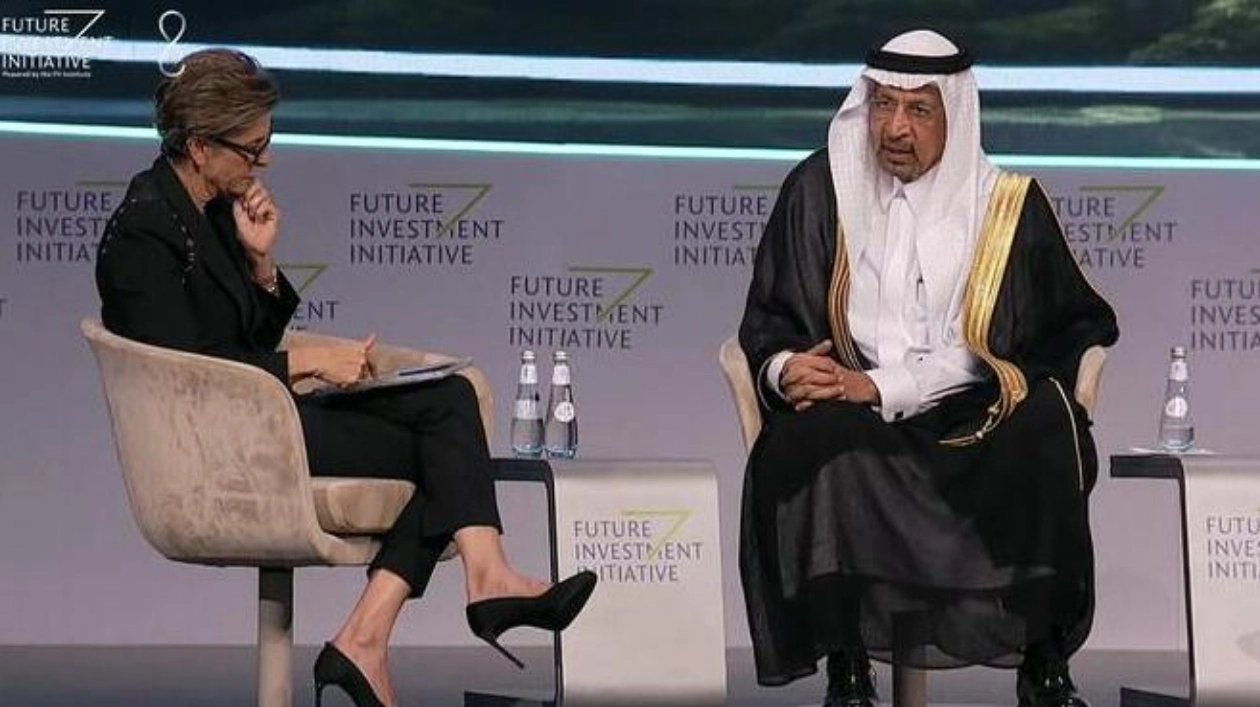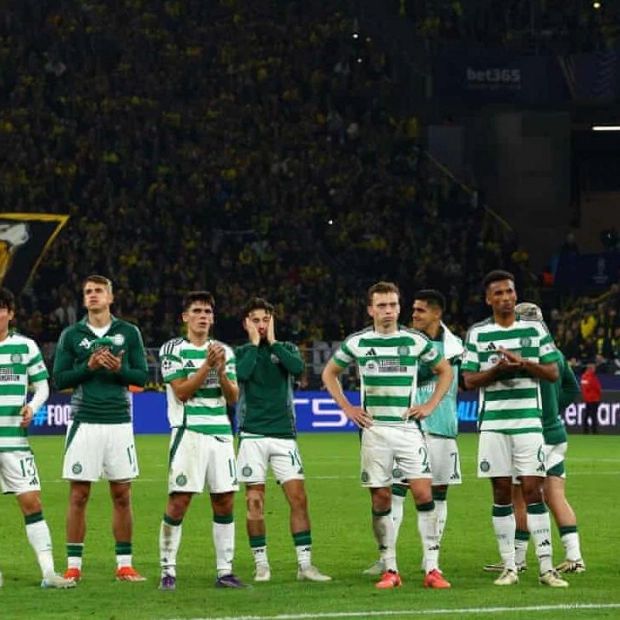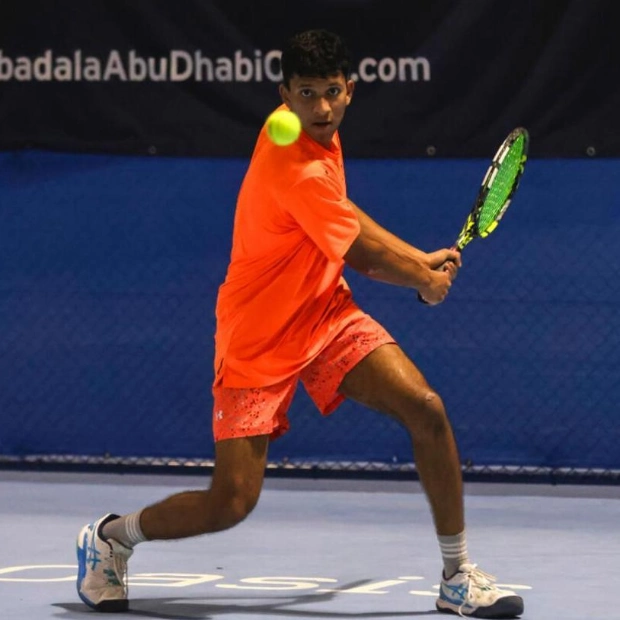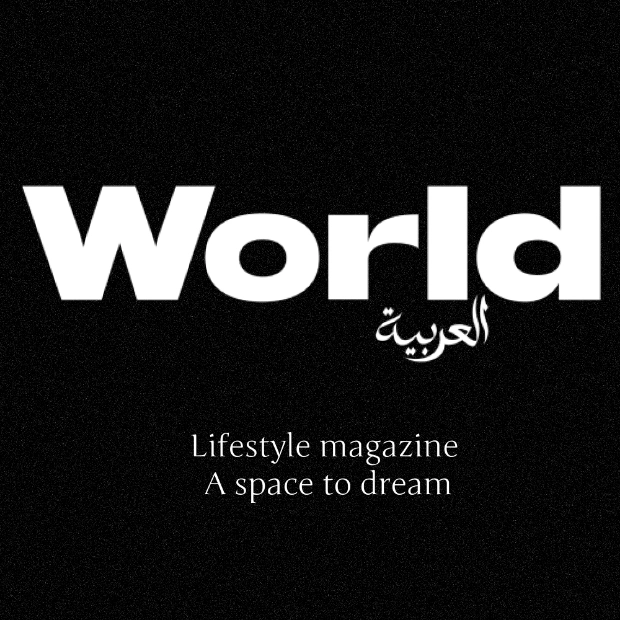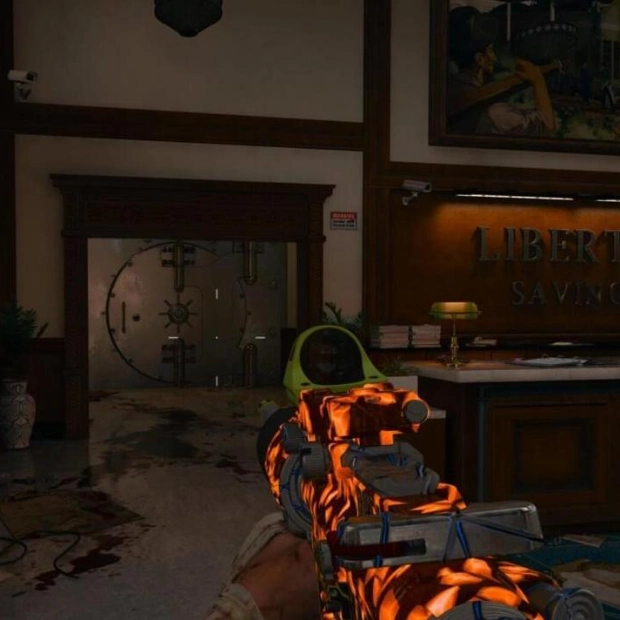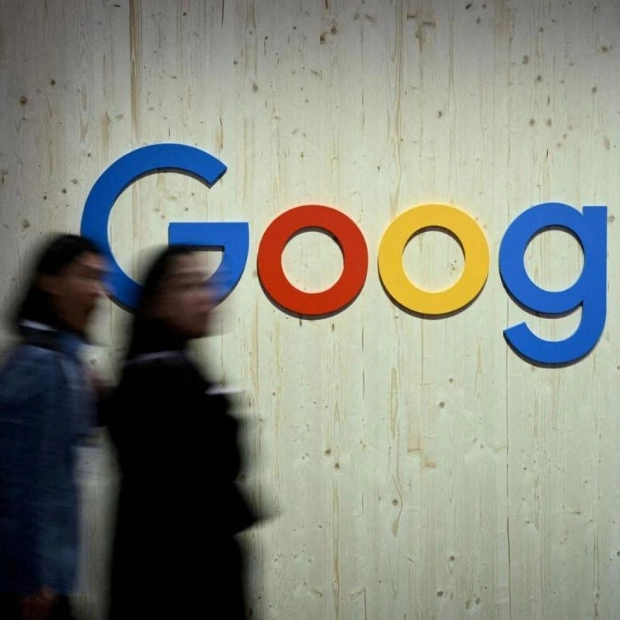RIYADH: Saudi Arabia has surpassed its 2030 target by attracting 540 international companies to establish their regional headquarters in Riyadh, according to Khalid Al-Falih, the Kingdom’s minister of investment.
Speaking at the eighth Future Investment Initiative summit in Riyadh on Oct. 29, Al-Falih highlighted that Saudi Arabia’s economic growth and investment environment remain robust despite regional geopolitical tensions.
“Investors are not only drawn to Saudi Arabia for our dynamic market. They are also exploring opportunities across the broader region. We launched a program targeting 500 regional headquarters by 2030, and I am pleased to report that we have already reached 540 companies,” Al-Falih stated.
The regional HQ program introduced new tax incentives for multinational companies relocating their regional headquarters to Saudi Arabia. These incentives include a 30-year exemption on corporate income tax and withholding tax related to headquarters activities, along with discounts and support services.
Al-Falih added: “Our economy, located at the heart of the Middle East, is navigating geopolitical tensions, macroeconomic challenges, and global issues such as trade conflicts and political disputes remarkably well.”
The minister noted that Saudi Arabia’s GDP has increased by 70 percent since the launch of Vision 2030, an initiative aimed at diversifying the Kingdom’s economy by reducing its reliance on oil.
Al-Falih affirmed that Saudi Arabia’s non-oil economy has been growing steadily at 4 to 5 percent annually since the inception of Vision 2030 in 2016.
These remarks came shortly after the International Monetary Fund projected the Kingdom’s economy to grow by 1.5 percent in 2024 and 4.6 percent in 2025. The IMF also ranked Saudi Arabia’s 2025 growth projection as the second highest among Gulf Cooperation Council countries.
Earlier this month, the World Bank forecasted Saudi GDP growth at 1.6 percent for this year, accelerating to 4.9 percent in 2025.
In September, a report by S&P Global indicated that Saudi Arabia’s economic growth will be driven by its diversification strategy, focusing on strengthening the non-oil private sector and reducing dependence on crude revenues.
The investment minister also mentioned that Saudi Arabia aims to achieve $3.3 trillion in gross capital formation by 2030, currently growing at a rate of 10 percent annually.
He further noted the Kingdom’s progress in sectors like tourism, attracting over 100 million tourists last year.
Al-Falih observed that global economic conditions are stabilizing, with inflation moderating and interest rates declining.
“Inflation has been brought under control, returning to target levels of 2.6 percent in developed countries. Interest rates have decreased, and many countries are reducing rates and implementing quantitative easing. Most G20 economies have avoided significant recessions,” Al-Falih explained.
He added: “Investor confidence is 15 percent higher compared to three years ago, as measured by IPSOS. Tourism has recovered to pre-pandemic levels.”
Al-Falih expressed concern about rising geopolitical tensions in the Middle East and reiterated Saudi Arabia’s commitment to promoting peace and stability in the region.
“The geopolitical situation is worrisome. The human impact is truly tragic, especially in the Middle East and Europe. The Kingdom is doing everything possible to foster peace and prosperity,” Al-Falih said.
Turkish Finance Minister Mehmet Şimşek noted that Turkey’s diversified economy is well-equipped to handle regional tensions.
“We are concerned about the potential escalation of ongoing conflicts, although the risk is small. Turkey’s diversified economy makes us more resilient,” Şimşek stated.
He added: “The positive aspect is that we have free trade agreements with 54 countries, covering about 60 percent of our trade.”
During the same panel discussion, UK’s Minister of State for Trade Douglas Alexander highlighted the resurgence of politics in the business sector, creating challenges for future economic growth.
“In the first 40 years of globalization, CEOs and capital allocators rarely considered geopolitics, focusing instead on ensuring capital, services, and goods flows. However, in recent years, politics has made a comeback, both domestically and internationally,” Alexander said.
Al-Falih emphasized that advanced technologies like artificial intelligence are expected to boost investor optimism and strengthen market conditions.
“AI is not only fueling capital markets but also optimism. It creates opportunities for rebalancing global competitiveness among companies, countries, and even individuals who believe technological infrastructure will shape a brighter future,” Al-Falih noted.
Şimşek echoed similar views, stating that sustained economic growth requires green and digital transitions.
Al-Falih further added that Saudi Arabia is committed to ensuring data security and privacy as AI becomes more prominent.
“In Saudi Arabia, we are developing a balanced framework for data privacy, sovereignty, and security in the context of AI,” Al-Falih said.
He concluded: “AI has significant demand here. Saudi Arabia aims to disrupt and create a unique ecosystem for incubating AI, algorithms, and data centers.”
Source link: https://www.arabnews.com
